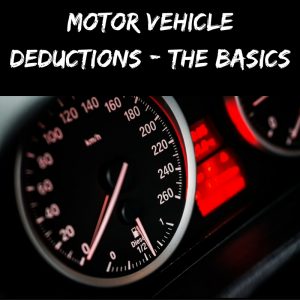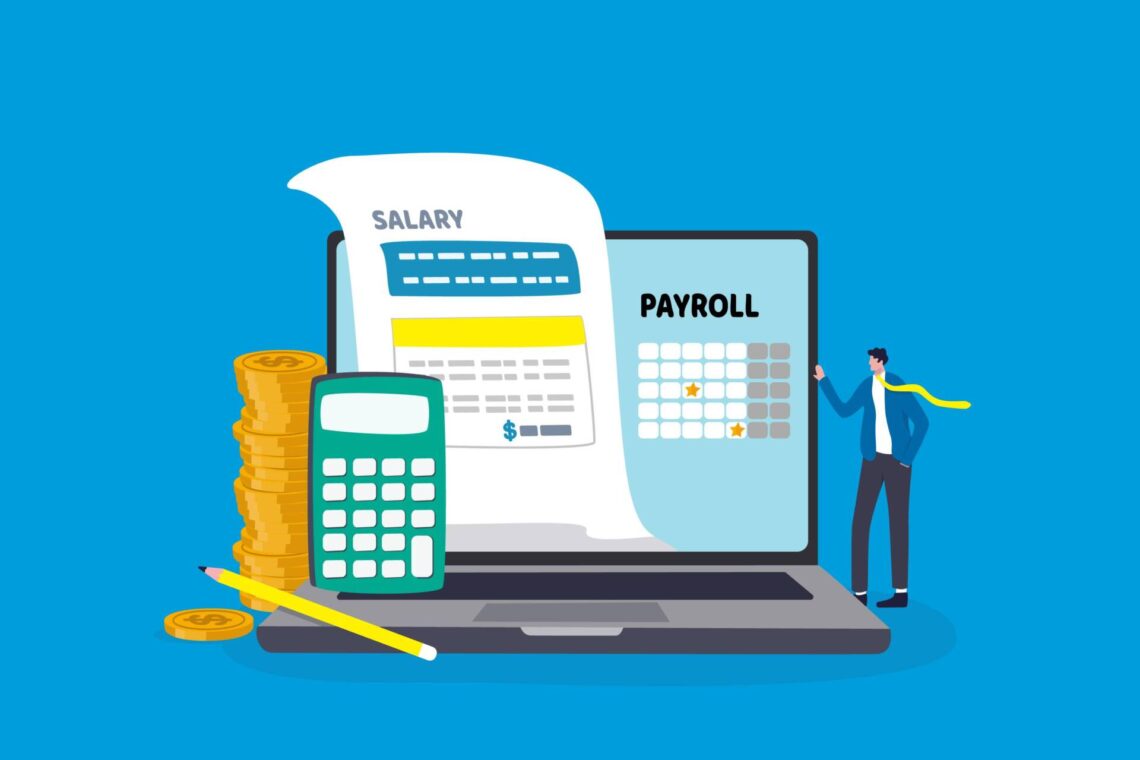The methods for claiming your car expenses (motor vehicle deductions) have changed in the last 12 months in an effort to ‘simplify’ the way deductions are made.
The options changed from 4 methods down to 2. Those 2 being:
Cents per Kilometre method
You can claim up to 5000kms per year at a set rate of 66c per km. The need for paperwork to back this claim up is minimal. If you were audited you need to be able to justify why you claimed what you did. In general, this would be that you make specific work trips on a weekly, monthly basis that you have worked out the kms for and therefore worked out an approximate claim.
Logbook Method
This method requires you to keep a logbook for ALL travel for 12 consecutive weeks. From this logbook, you then calculate your ‘work’ or ‘business’ percentage and apply that against all your motor vehicle costs. The logbook is valid for 5 years as long as your situation doesn’t change materially eg. You move suburbs, work location etc. We suggest you pick 12 weeks you are working and not going on holidays or doing excessive personal travel.
What can you claim against the logbook method?
- Fuel
- Registration
- Insurance
- Repairs & Maintenance – servicing, tyres, wheel alignments/rotations etc
- Depreciation – either at 25% diminishing value or if you qualify using the Small Business pools (15% first year and 30% in subsequent years)
- Interest on any loan taken out for the vehicle
- Leasing costs if the vehicle is leased
What is ‘business/work’ travel
It is important that when you are completing your logbook you are correctly classifying business/work travel. In general travel from home to work is personal travel. An exception to this would be if you are required to carrying bulky items or if you had to go via a client premises, other errands on the way. Remember these need to be legitimate trips, don’t attempt to manipulate your travel to ‘make’ it deductible. Travel from work to a work event, client premises, study/training event will be deductible.
For more details explanations and examples head to the ATO website.
Exceptions to logbook requirements
Exceptions are made for commercial vehicles which the ATO defines as “the vehicle is a panel van, utility or other commercial vehicle (that is, one not designed principally to carry passengers)”. In general, this includes utes, panel vans, vans and dual cab utes over 1 tonne in capacity. The ATO have an easy to understand table.
There are several apps out now that work on most phones to assist with your logbook needs. One of these include www.logbookme.com.au where you hire the device for 3 months and it uses GPS to track your trips.
If you aren’t sure which method will work out best for you, complete a logbook and then you can complete the calculations on both methods at year end to claim the best deduction.
We suggest you consult your tax advisor or accountant regarding your personal situation as there are always variables between each person’s circumstances





